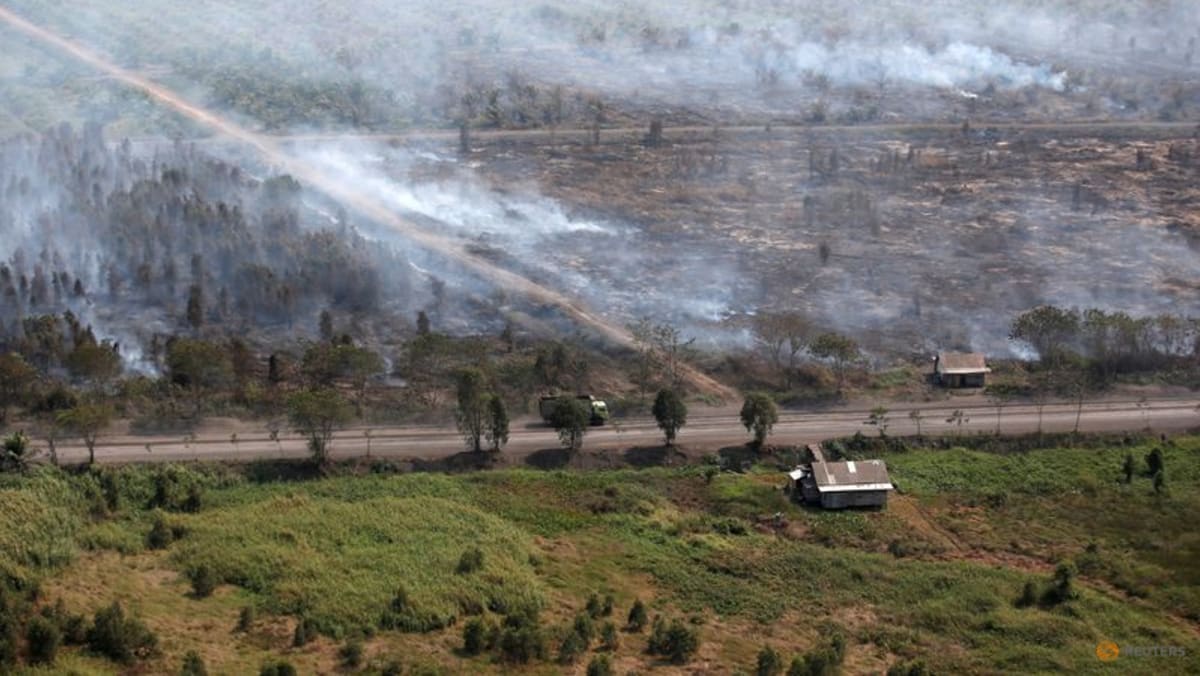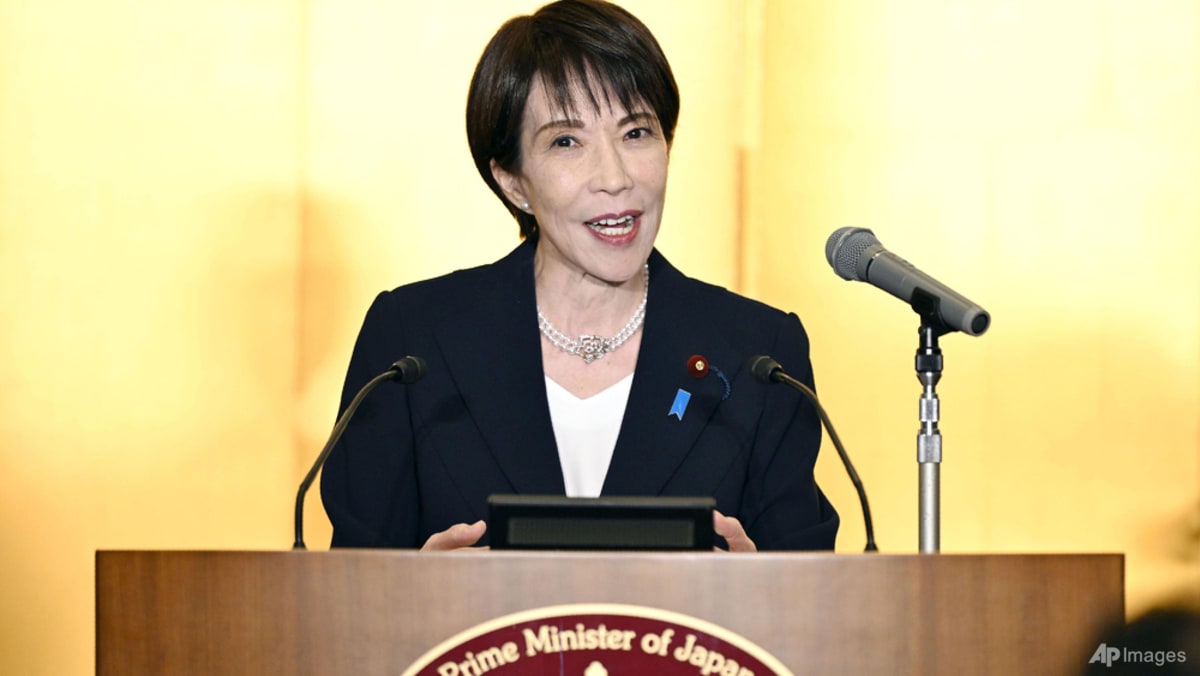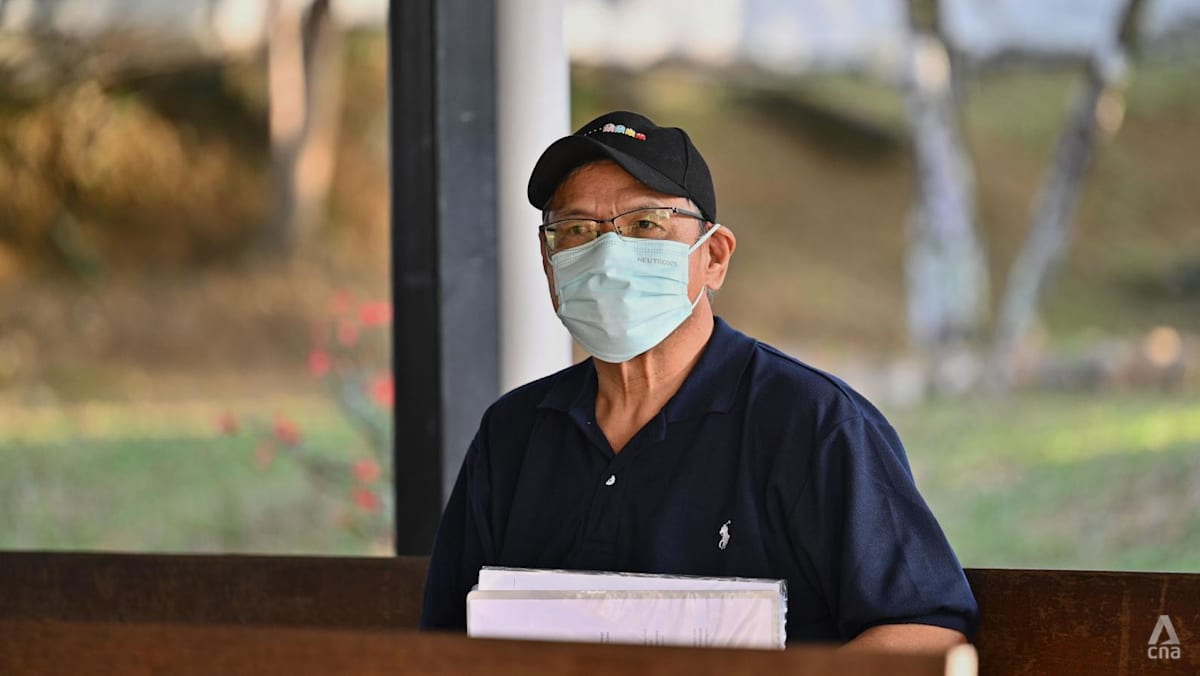Less than half of respondents in Southeast Asia believe climate change poses ‘serious threat’ to region: Survey

During his keynote address at a panel discussion on the report on Thursday (Sep 21), Malaysia’s Minister of Natural Resources, Environment and Climate Change Nik Nazmi Nik Ahmad noted that the figures will “no doubt … cause much comment”.
“The ‘whys’ can be debated – perhaps it simply reflects bread and butter issues being pushed to the fore across Southeast Asia – especially in light of the COVID-19 pandemic and the ongoing recovery,” he said.
Mr Nik added that the survey was a sign that governments, the media and academia must work more urgently than ever to communicate the pressing need for climate action.
The survey, conducted over four weeks from July to August this year, collected the responses of 2,225 Southeast Asians across all 10 countries in the region.
Despite a pronounced drop in the level of climate urgency, the report noted worries over food security.
Seven in 10 respondents expressed considerable concern about food availability and affordability due to climate impacts in the next three years, according to the report.
More than 40 per cent of the respondents in Singapore, Malaysia, Indonesia and Philippines were also concerned over fishery decline caused by ocean warming and unpredictable weather.
Based on the survey, floods (79.0 per cent), heat waves (51.4 per cent) and droughts (47.6 per cent) were identified as the most pressing climate impacts on agriculture in the region.
To address global food security issues, the survey found that a majority of the respondents say governments must prioritise the need for climate adaptive farming methods (67.2 per cent), increase in domestic food production (56.6 per cent) and agri-food investments (63.9 per cent).
“The largest attribution of responsibility for climate change is still skewed towards national governments, suggesting that ASEAN citizens strongly expect their national governments to be at the forefront in articulating clearer climate visions and regulations for their economies,” the survey found.
Source: CNA















